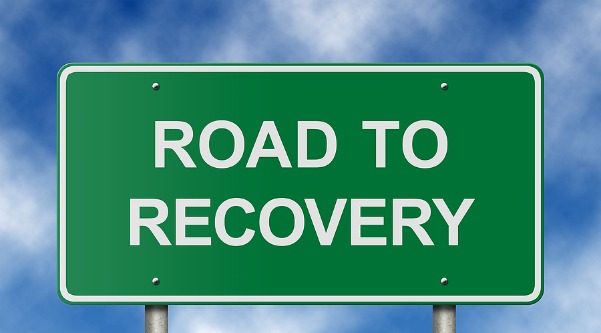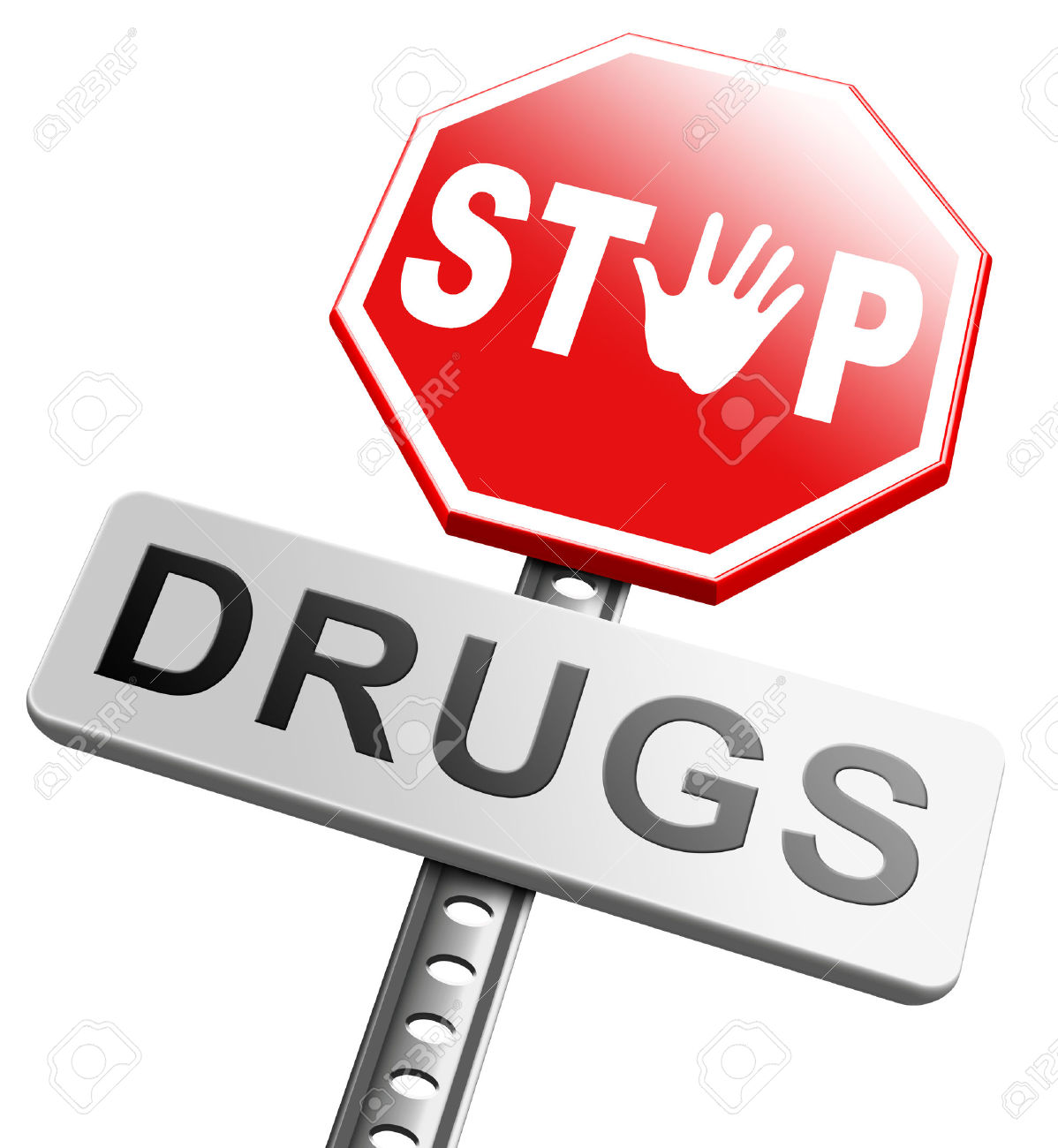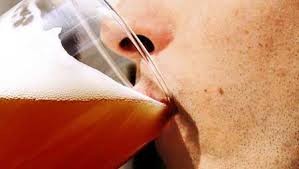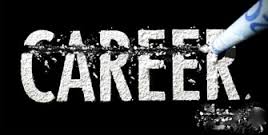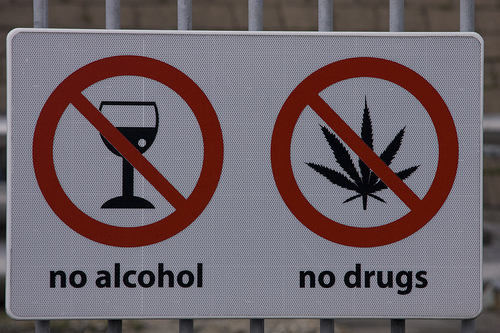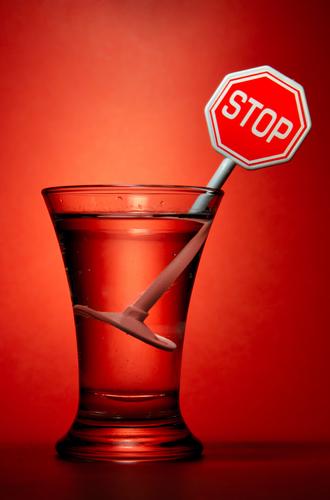Proteins effective role in addiction recovery

Proteins effective role in addiction recovery is beneficial to all ages
Proteins effective role in addiction recovery: What quantity of protein is enough?
While addressing medical students about nutrition and addiction, one of the student enquired about the proteins effective role in addiction recovery and her concern raised a very healthy discussion with is going to form the basis of our discussion in this article. Ideally whenever protein is mentioned what come to mind is body building and good health? Therefore there is no doubt that protein is a very essential dietary component for those recovering from addiction. According to the experts at AWAREmed Health and Wellness Resource Center under the able leadership of doctor Dalal Akoury, when poor eating patterns is combined with the use of drugs and alcohol a lot of health complications follows suit including mental, social and physical damage. Doctor Akoury says that the knowledge of this negative impact of the addiction on individuals is very important besides taking time in the proper identification of the modalities of achieving optimal health in during the recovery process. It is from these understanding that we want to take time to look at the physical health problems that addiction creates in the body and how protein can be of help in correcting some of these issues.
Proteins effective role in addiction recovery: The starring role of protein in the body
Proteins like we have already mention is one of six most essential food nutrients in food which is partially responsible for the structure of all cells, tissues and organs in the body. They are broken down into amino acids, which help in the process of replacing and regenerating all cells. Experts are all in agreement that protein plays a vital role in sustaining life. And this brings us to the next vital question which is “where exactly do we find this valuable nutrient from?” Even though this list may not be exhaustive, the following are some of the great sources of protein you can rely on for your nutrition:
- Meat including all the poultry, red meat, and seafood
- Legumes both dry beans and peas
- Eggs
- Dairy products including milk, cheese and yogurt
- Soy and tofu
- Nuts and seeds
- Some grains e.g., quinoa, whole grains etc.
Proteins effective role in addiction recovery: How much protein do we need?
On average, most people across the globe get enough protein from their diet. Like for instance in the western cultures, there appear to be more than enough quantities of in their diet which often go exceedingly beyond the daily consumption recommendations. According to the experts at AWAREmed Health and Wellness Resource Center, the daily recommendations for dietary protein should be based on weight and physical activity levels. That is to say, for adults they should aim to consume approximately 0.8g of protein per kilogram of their weight. (Weight in kg x 0.8g/kg = protein intake in g). However it is important to appreciate that when looking at the protein and food intake of someone suffering from an addiction, their intake falls below the average meaning that when drugs or alcohol are present in ones’ life, other areas fall short and nutrition is no exception thereby making repair for recovery to become very necessary. That explain why proteins effective role in addiction recovery cannot be under rated. If you are struggling with addiction or being malnourished, you can call doctor Dalal Akoury for further professional direction.
Proteins effective role in addiction recovery: What quantity of protein is enough?

